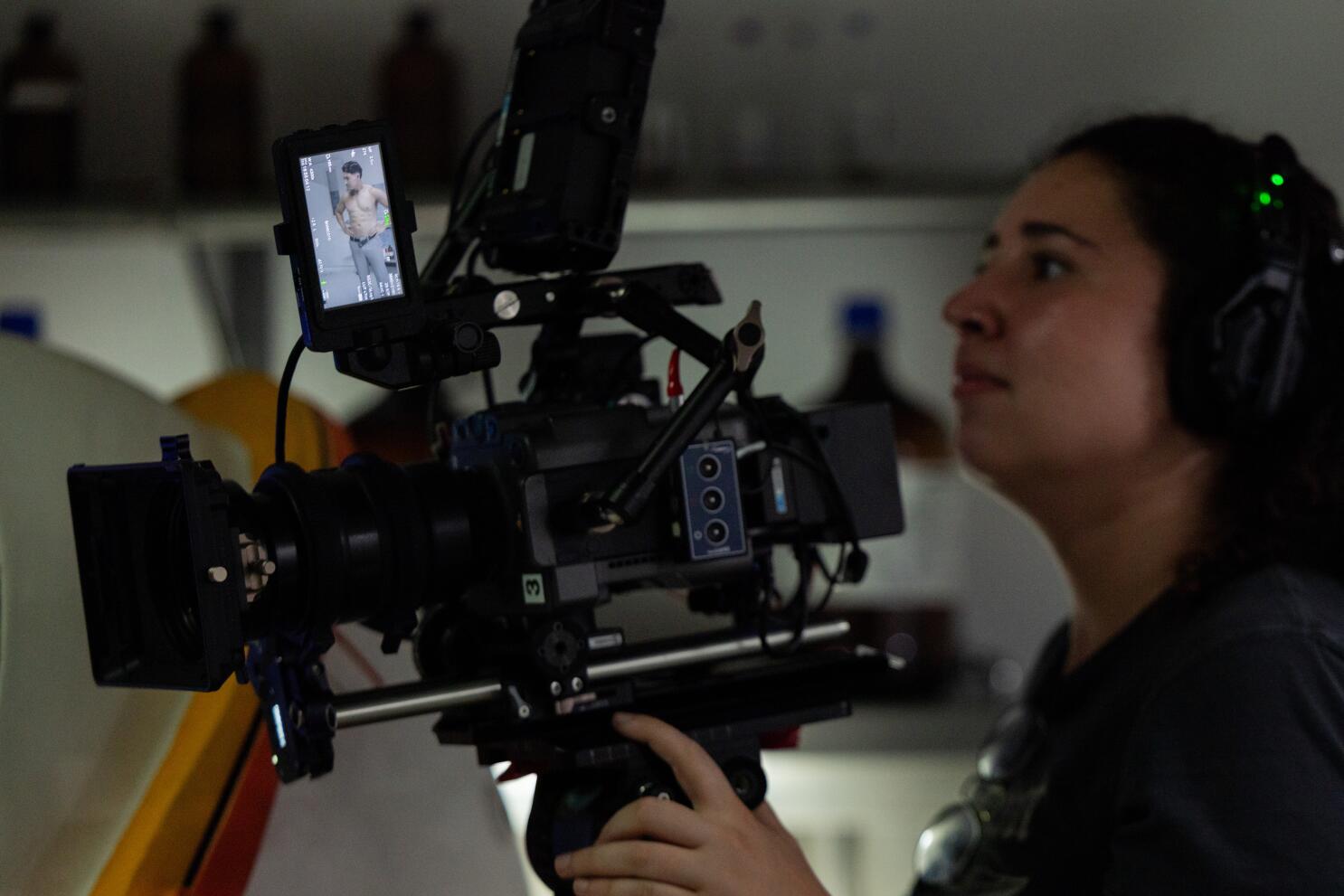In the fast-paced world of digital entertainment, short dramas have exploded in popularity, captivating audiences with their bite-sized narratives and relentless plot twists. Ptforms like RlaeelShort and DramaBox have mastered the art of the cliffhanger, turning passive viewers into compulsive binge-watchers. But what's the secret sauce that keeps us glued to our screens, even when the dialogue is in a foreign language? The unsung hero, my friends, is subtitling. It's not just about translating words; it's about crafting the very essence of suspense, ensuring every dramatic reveal lands with maximum impact.
The Art of the Cliffhanger: How Subtitles Build Tension
Think about it: short dramas, particularly those with a suspense or revenge bent, are designed to deliver a gut punch in under two minutes. Each episode ends on a knife-edge, leaving you desperate for the next. This relentless pacing relies heavily on how information is delivered, and that's where expert subtitling shines.
Concise phrasing is paramount. In these blink-and-you-miss-it narratives, there's no room for verbose translations. Every word counts. Subtitlers act as linguistic sculptors, chiseling away unnecessary words to leave only the core message, ensuring the tension isn't diluted by overly complex sentences. Imagine a scene where a character uncovers a shocking betrayal. The original Chinese might be a lengthy monologue. A skilled subtitler will distill that into a few impactful phrases like, "You... betrayed me?" or "It was you all along!" This punchy delivery mirrors the rapid-fire progression of the plot, enhancing the feeling of urgency and shock.
Then there's the mastery of timing. This is where subtitling transcends mere translation and becomes a performance art. Subtitles need to appear precisely when a dramatic reveal happens, not a moment before or after. If a character gasps in realization, the corresponding subtitle—perhaps a single, loaded word like "Impossible!"—must flash on screen simultaneously, amplifying the viewer's own surprise. Delay it by a second, and the emotional impact is lost. Conversely, if a subtitle appears too early, it can spoil a crucial twist. This meticulous synchronization is what creates that heart-stopping "aha!" moment, driving you straight into the next episode.
Viral Suspense: Subtitles Maintaining Narrative Momentum
Let's talk about those addictive revenge plots that dominate platforms like DramaBox. You know the ones: the scorned protagonist, the elaborate schemes, the satisfying comeuppance. These stories thrive on a constant drip-feed of information and a series of escalating reveals. Subtitles are the conduits for this narrative momentum, ensuring nothing gets lost in translation.
Consider a scene where the protagonist, presumed dead, makes a dramatic reappearance. The original dialogue might be steeped in cultural nuances and intricate wordplay, but the English subtitles need to convey the sheer audacity and shock of the moment instantly. They might simply read, "I'm back. And I want revenge." This directness, while seemingly simplistic, is incredibly effective in a short drama context. It cuts through any linguistic fog and delivers the narrative thrust directly to the viewer.
I've seen countless comments on social media where viewers rave about how they "couldn't stop watching" a particular short drama, even though they didn't understand the original language. This is a testament to the power of well-executed subtitles. They act as a seamless bridge, allowing the emotional beats, the plot twists, and the character motivations to resonate deeply, regardless of the language barrier. They ensure that even the most complex machinations of a revenge plot are easily digestible, keeping the viewer hooked on every revelation.
The Gauntlet for Translators: Condensing Complexity
Now, for the big challenge: condensing complex Chinese dialogue into snappy English subtitles. Chinese is a wonderfully nuanced language, often relying on context, implied meanings, and idiomatic expressions. English, while versatile, often requires more words to convey the same sentiment explicitly. This presents a formidable obstacle for subtitlers.
Imagine a scene where a character expresses deep-seated resentment and a layered backstory in just a few lines of Chinese dialogue. A literal translation would likely be clunky and overly long, disrupting the rapid flow of the short drama. The subtitler's task is to capture the essence of that emotion and backstory in a concise, impactful English phrase. It's like trying to fit a sprawling novel into a haiku.
So, how do they do it?
Prioritizing key information: Translators must identify the most crucial pieces of information that drive the plot or character development and ruthlessly discard anything that isn't absolutely essential.
Employing strong verbs and vivid adjectives: Instead of lengthy explanations, a single powerful verb or descriptive adjective can convey a wealth of meaning. For example, instead of "He was very angry and felt like he wanted to lash out," a subtitler might use "He seethed."
Utilizing cultural equivalents (when appropriate): While direct translation is often impossible, sometimes an equivalent English idiom or cultural reference can convey a similar meaning more succinctly. However, this must be done with extreme care to avoid misinterpretations.
Strategic omission: This might sound controversial, but sometimes, for the sake of pacing and readability, a subtitler might slightly condense or omit minor conversational filler that doesn't impact the core narrative. The goal isn't word-for-word accuracy, but rather conveying the narrative and emotional truth effectively.
Keeping Viewers Hooked: Solutions for Subtitlers
To ensure viewers remain captivated, subtitlers can employ several strategies:
Embrace a "less is more" philosophy: Short, punchy sentences are almost always better than long, convoluted ones. Think Twitter, not Tolstoy.
Focus on emotional resonance: Beyond the literal meaning, subtitlers should strive to convey the emotional tone of the dialogue. Is the character angry? Scared? Devious? The subtitles should reflect that.
Maintain consistent terminology: In suspense dramas, certain terms or names might be crucial to understanding the plot. Ensuring these are translated consistently throughout the series prevents confusion.
Collaborate with cultural consultants: When dealing with particularly complex cultural nuances, consulting with native speakers or cultural experts can provide invaluable insights for accurate and impactful translations.
Test and refine: The best subtitlers often watch the drama with their subtitles to ensure they flow naturally, are easy to read, and don't distract from the visual narrative.
In essence, subtitling in short dramas isn't a mere transcription service; it's a critical component of the storytelling process. It's the silent orchestrator behind the gripping allure of suspense, meticulously timing reveals, concisely delivering vital information, and ultimately, keeping us on the edge of our seats, eagerly awaiting the next thrilling twist. What's your favorite short drama that kept you up all night, and what do you think made its suspense so irresistible?











